It’s not often you stumble across an item that ends up being the missing piece in helping to identify hundreds of Auböck fakes out there on the market. Well, today I found that item, and without the original red cardboard box surrounding it, I still couldn’t be sure it was fake. This item just so happens to be a brass, foot-shaped paperweight with a box embossed with “Foot the Bill” on the top. The paperweight in question is being sold on eBay, not as an Auböck, but just as an exorbitantly expensive novelty. Otherwise I would be tempted to purchase it for posterity and to be able to examine it a bit closer for this post. So I will instead be using the photos available to me. Let’s check them out below:


Let me get my excuses out of the way first:
1) I usually ascribe to the old phrase “the simplest solution is best”, but with art and forgeries that seems to rarely be the case. In this instance, I tended to think that because the box (with its unique hinges and closure), the lettering and the cast-brass paperweight all matched up with known Auböck items, it was likely real (Auböck even switched up the fonts on his boxes over the years, too). Because who would bother putting in that much effort to recreate something so precisely, and then not bother trying to pass it off as an Auböck? Well, the answer is probably because it’s easier not to have to think about or pay someone to design something when you can just copy something interesting directly, and sell it cheap to unwitting people.
2) I tend to be more forgiving of items when it comes to authentication because I am sure there are “holes” in the catalogs and workshop sketchbooks. I remember many days spent poring over every page to find any mention of a very specific bottle stopper (even though it was fully marked) in the catalogs, and I still failed. And trust me: I’ve seen my share of authentic Auböck items without markings, and was frustrated not to find them in the catalogs either. I have seen it stated that “some items were not impressed due to concerns about possibly damaging the object,” which makes sense.
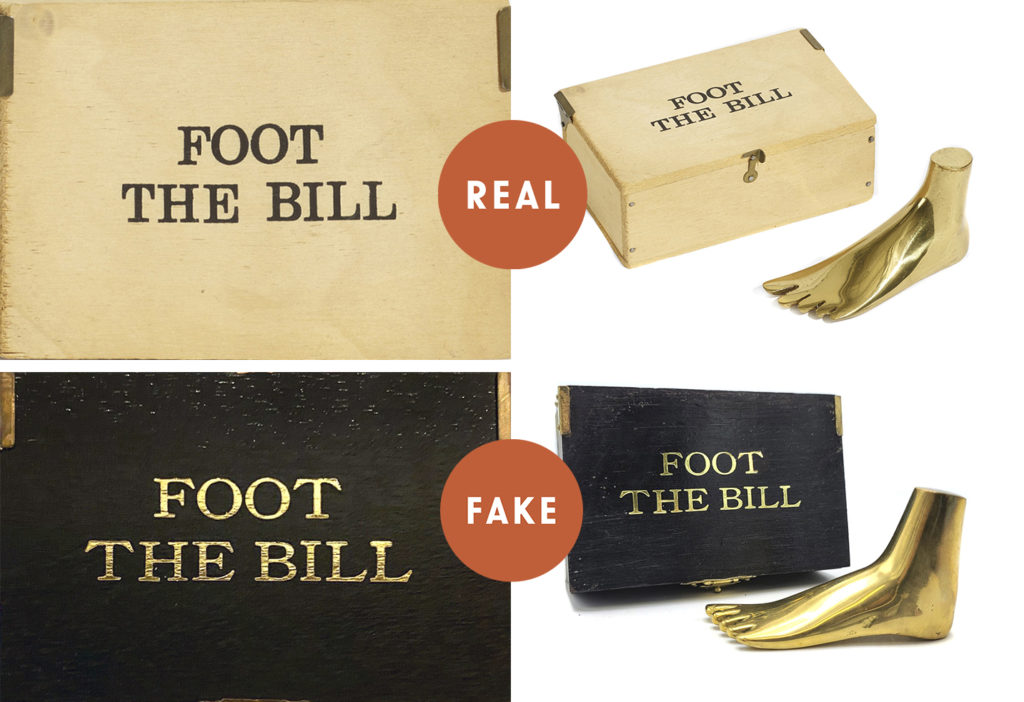
With that out of the way, let’s get into it. Upon closer inspection of this above item, it does not stand up to much scrutiny. First of all, the fonts are not the same. After some careful research and comparison on What the Font, it seems the original font used is Clarendon Medium and the fake is Bookman. The boxes are also hot stamped with gold foil instead of silkscreen printed.

Now let’s examine that red box. It says the item is “No. 3054” by “Rochelle’s, Inc.” out of Minneapolis, Minn. 55427. In the lower right hand corner reads “Made in Taiwan”. The upper left hand corner has the Rochelle’s, Inc. logo. When we look to the directory for business filings, you find out the company was incorporated in December of 1967. Two letter state abbreviations began appearing in 1963 when ZIP codes began to be used, so their use of the older style “Minn” instead of “MN” is slightly archaic. This product was probably made on the earlier side, since it seems they shortened their state abbreviation to two letters on subsequent products.
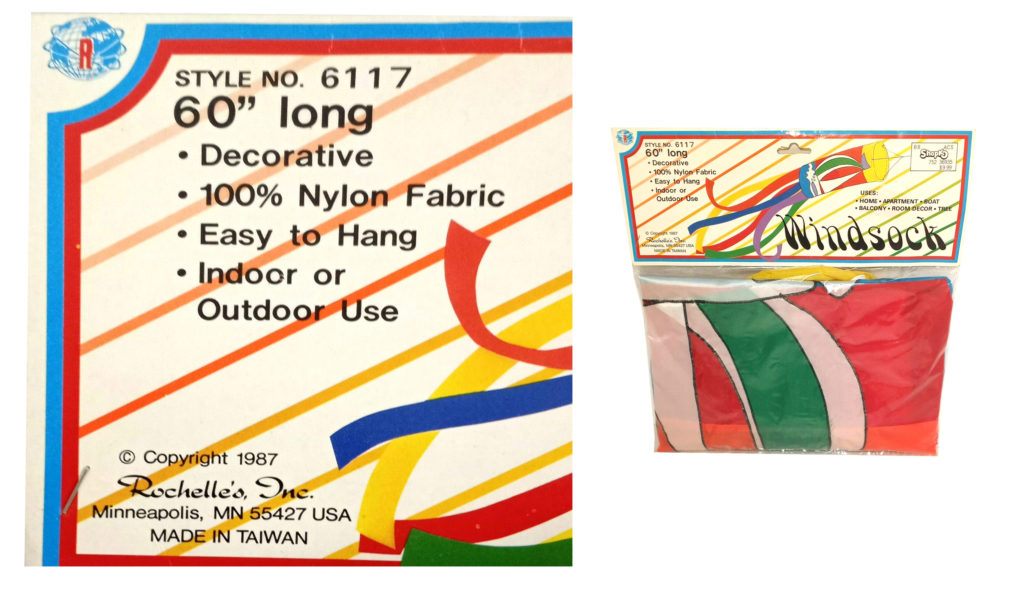
Other products offered by Rochelle’s Inc. seem to mostly be general cheap imports from Taiwan, including piggy banks, windsocks, brass items, and plastic toys. Stickers from being sold at Target can be seen on some original packaging. The company was dissolved in September 2000.
All this led me down a huge rabbit hole of information to find all the examples I could of these brass paperweights in original wooden storage crates/boxes. Most of these seem to be separate designs, not directly derivative of Auböck’s original work. But there are a few that are direct copies of Auböck’s box designs/brass paperweights. I’m sure there are more out there and that they will continue to pop up. Here are examples of those with their corresponding originals:
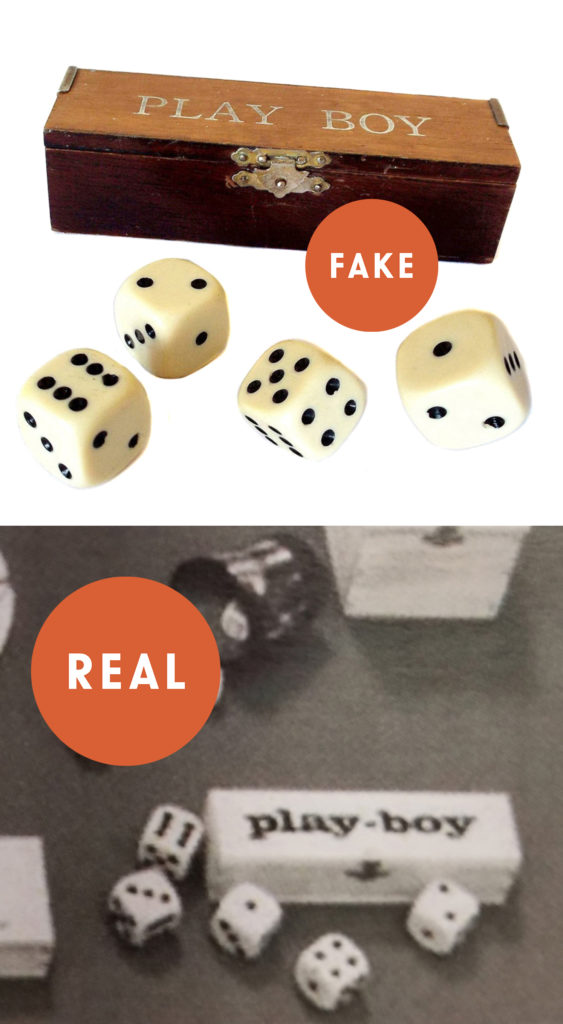



For reference, here are some images of original 1970s catalog pages showing Auböck’s boxes along with corresponding paperweights and other gift items. Also included is a photo of a collection of original wooden boxes from the Auböck workshop. Note the hinges. These boxes were all made of a raw, unfinished, light-colored wood with characteristic brass hinges and clasps. The designs on top were all silkscreen printed in black ink.

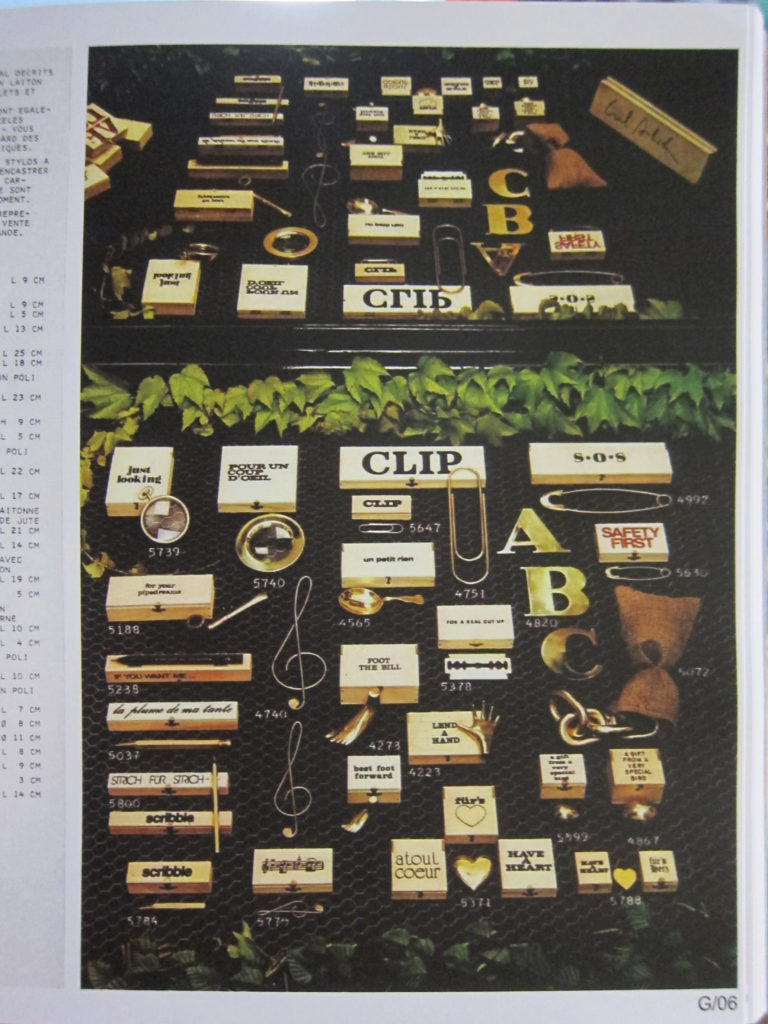
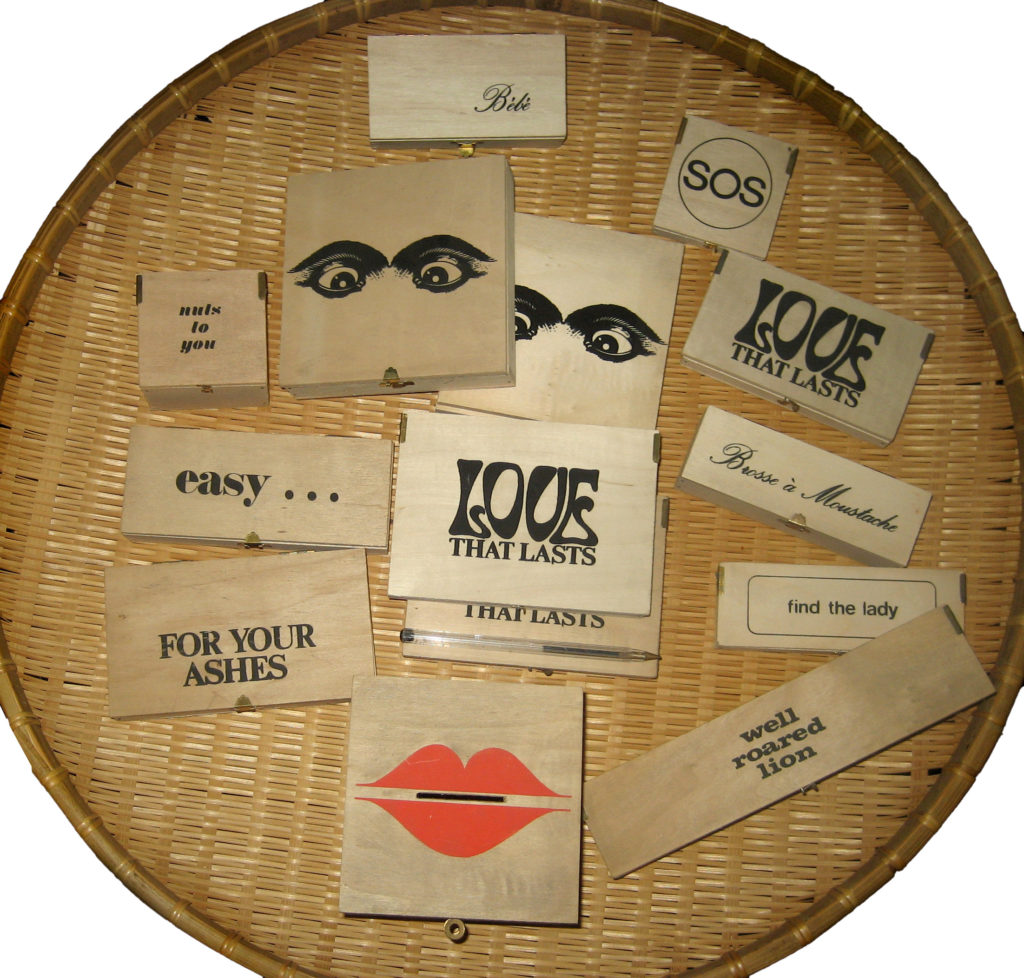
Please Note: It takes a great deal of time, effort, and money to maintain the museum collection, host this website, create informative posts, and respond to authentication and identification requests. Thank Alyssa for her expertise and authentication assistance here—tips are greatly appreciated!
Buy a Coffee for Alyssa!Now I will list below all the examples of non-Auböck designed originals with the same dark-stained or black wooden box with gold foil lettering and some sort of brass object inside. They don’t seem to have any connection to Auböck’s designs except for the idea of a brass paperweight in a wooden box with a cheeky phrase, which I’m sure originated to a certain extent with Auböck.



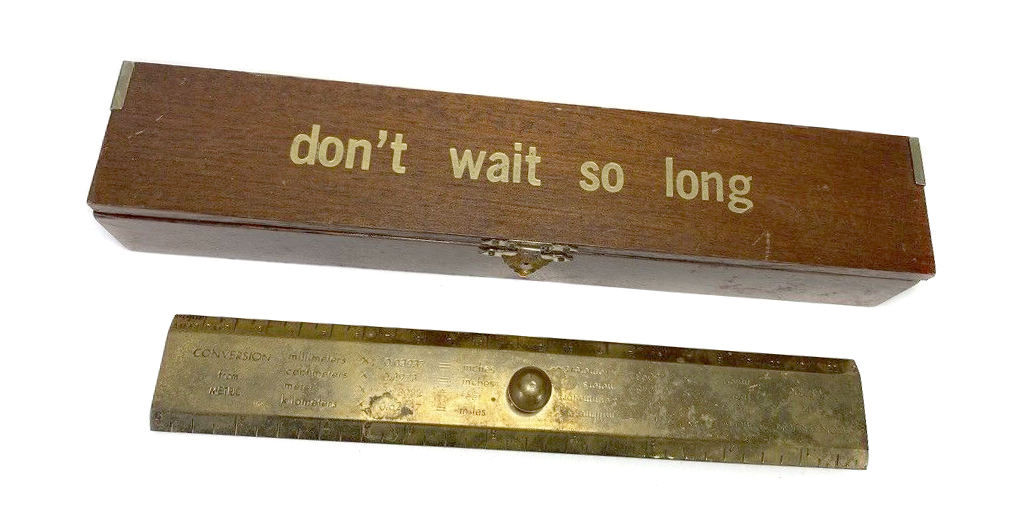

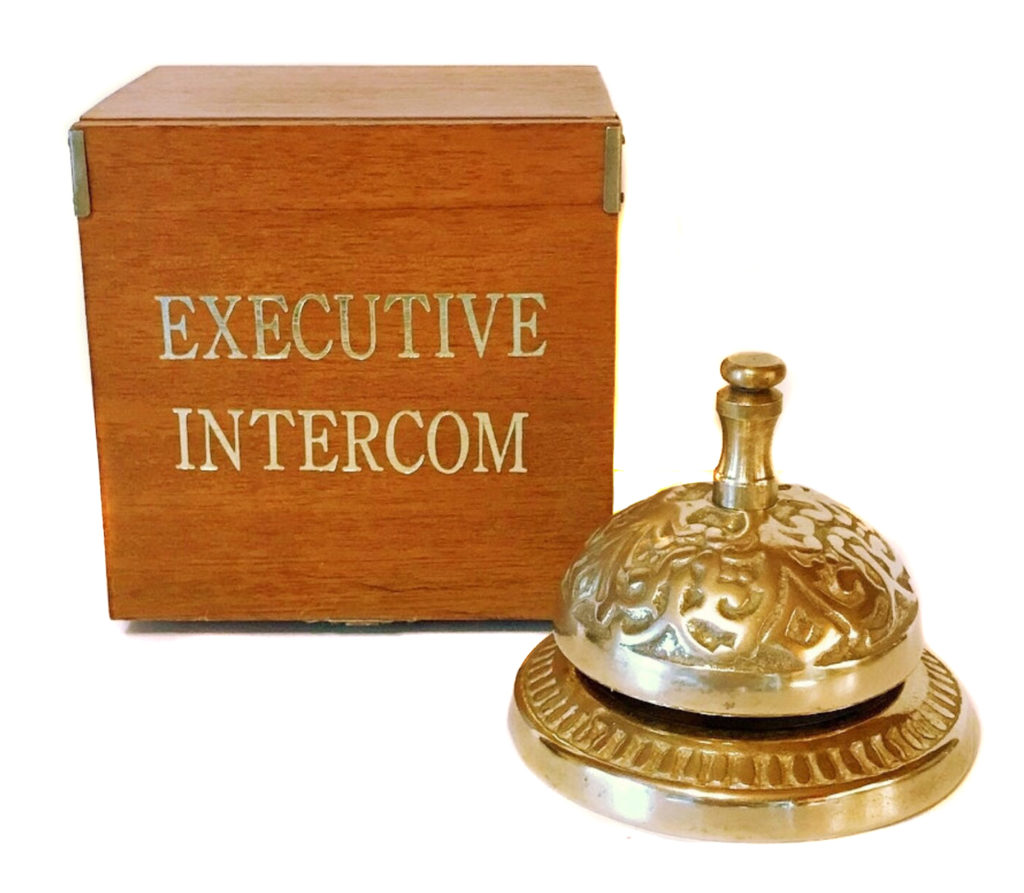
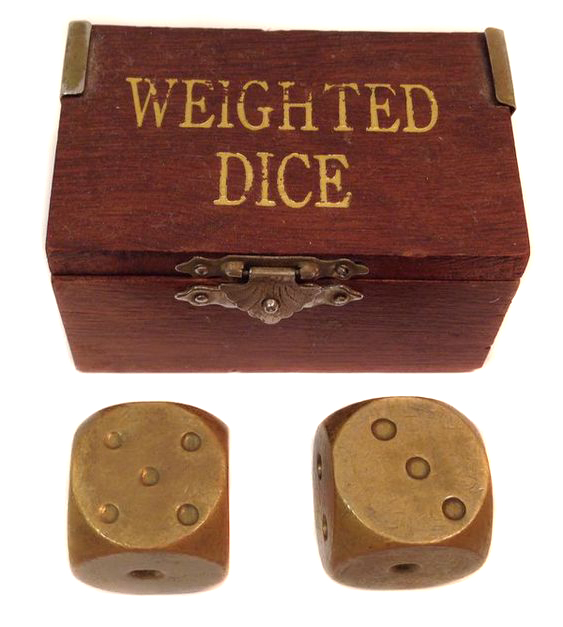
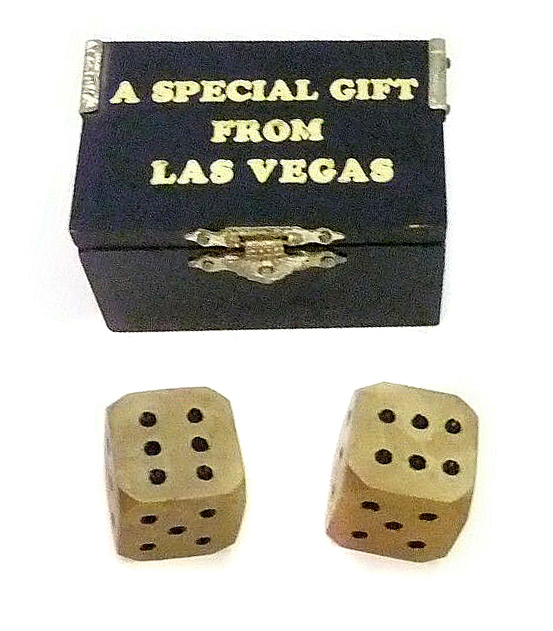
See the similarities? In my search I came across another mystery. This one is a dark stained box with “four letter word” hot stamped in gold foil on the outside and containing a brass paperweight that says “LOVE” (likely derivative of Robert Indiana’s famous pop art image). No need for an original cardboard box because the inside of this one is marked “© From the Paradies Collection, 1981″ on the inside of the lid. The bottom of the paperweight is lined with felt and has a sticker “Made in Taiwan.” A search of those terms shows similar items to those made by Rochelle’s, Inc.



The only thing I was still not 100% sure about was this curious “Have a Heart” box and paperweight. In this case, the brass heart along with the hinges, latch, and even the font are correct (the fonts for both are Clarendon Bold, typeset identically). But the use of gold foil stamping and dark-stained wood box are the only anomalies. I could have justified it by saying “sure, I’ve not seen stained boxes before, but Auböck certainly used darker woods on other boxes he designed.” So I reached out to the Auböck estate to see if this was ever done. Their response “this set is an Asian counterfeit from the 1970s – no connection with the Werkstätte’s originals.” This means that the similarity between the typography is likely due to the original box being used as a direct source for the creation of a photographically-etched metal foil-stamping die, rather than using metal letterpress type directly (as many of the other fakes did). See an image below:
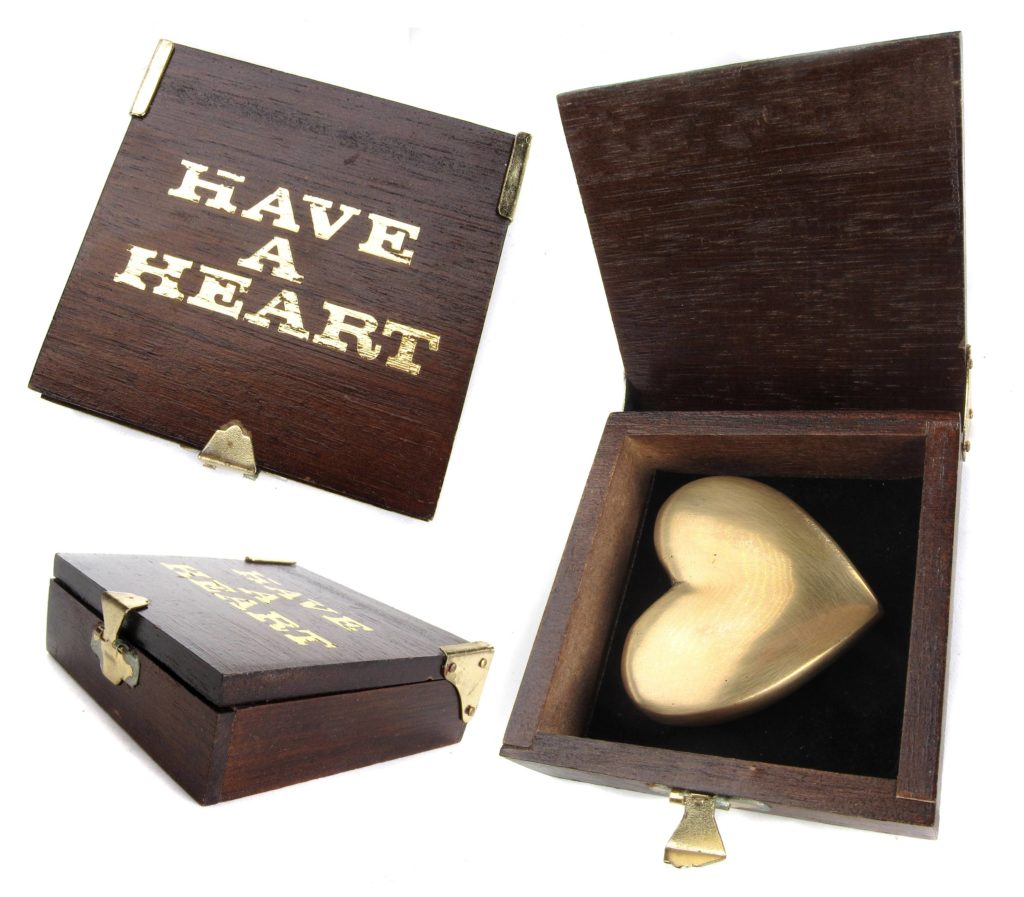
This last example deviates a bit from the originals. It is another variation on the box “a gift from a very special bird” except the egg paperweight was made of wood. The box has a paper sticker on the bottom that reads “Copyright Shackman / Made in Japan.” Googling the sticker brings up a lot of items by this company that look to be manufactured in the ’50s or ’60s. It seems they specialized in making dolls and small items from wood. If you check the latch and hinges, you will also see it is wrong.
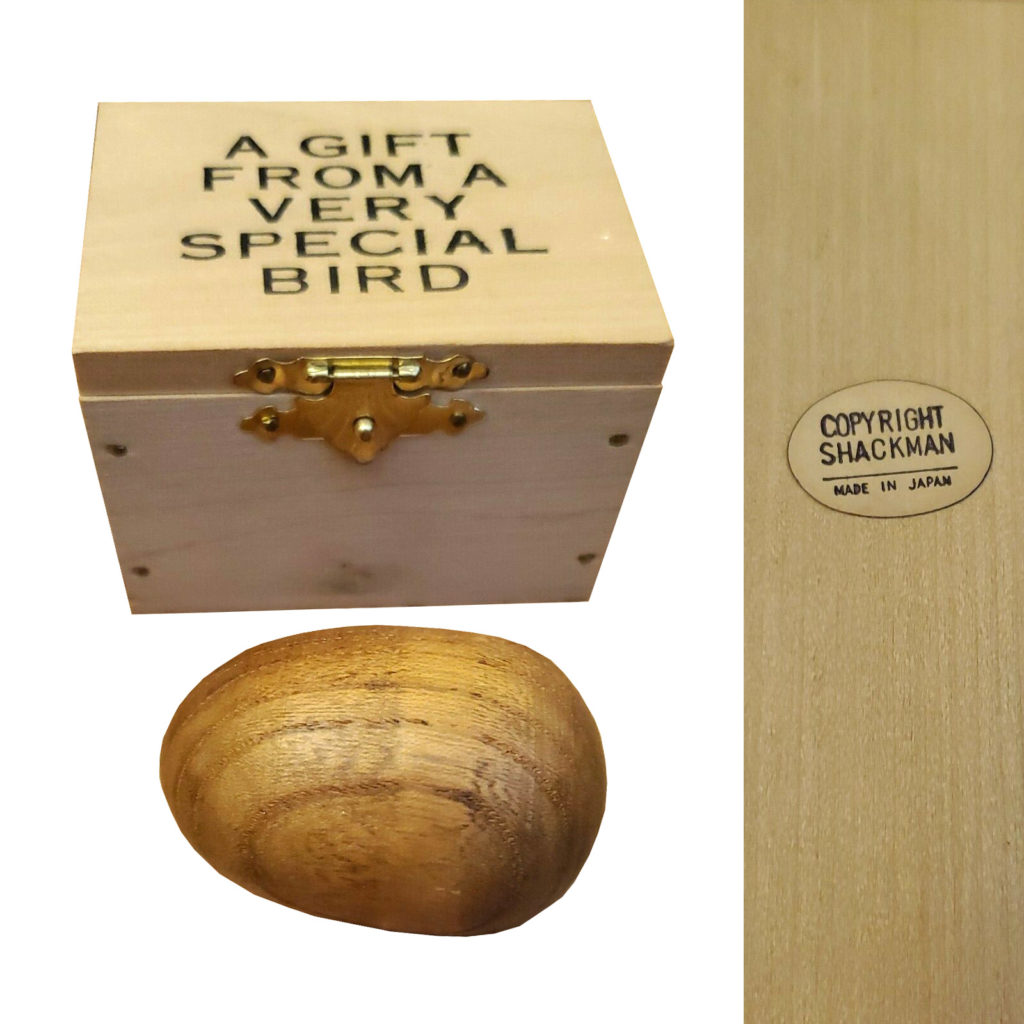
The font on the box appears closer to the original, but when closely compared you can see they are quite different. The fake one is “Copperplate Gothic” with the serifs worn off, while Auböck’s original is hand drawn with an engineer’s technical lettering guide stencil like the ones found here. (I think it is probably a Duograph.)

What I find especially dangerous is that these items are starting to filter out into auctions, and nobody is catching them. As is the case with this “gift from a very special bird” from a 2019 Mass Modern Auction at Wright. Because of that latch and the use of Clarendon Bold as a font instead of the original rounded sans-serif font, I am pretty certain now that it is a fake.


TL;DR: I think now we finally have enough information and proof to make some conclusions. We’ve got at least two Taiwanese importers distributing Auböck fakes, “The Paradies Collection” and “Rochelle’s, Inc.” They also seem to sell very similar brass paperweights with wooden boxes. My hypothesis is these companies are just general importers and the forgeries originated at the Taiwanese factories. I don’t think the importers knew. The third company is “Shackman” in Japan.
So in the future, I would be very wary of any box with dark stained or black wood. They all seem to be fake or certainly not by Carl Auböck. Check the fonts, check the latches! Auböck’s items are so simple, ubiquitous and relatable, which is what makes them so charming. But it was also what made them easy to copy. People often forget there was an artistic design vision behind them and excellent craftsmanship. If you don’t know about that, check out OEN’s excellent post about the workshop. I think it’s important to remember all that! After all, look at what happened to Walter Bosse, who spent the last years of his life paving the way for artists to legally protect their work with his landmark court cases, but died without a penny to his name.
Happy collecting, and I hope you found this helpful.
thank you for doing all this important work on historic forfeiting our products -it should teach everyone of us the process and effect of stealing other’s ideas and work – it is not a shortcut to success but a waste of efforts that should be invested in your own and there , new ideas.
carl auboeck IV vienna , nov.2021
Dear Sirs,
I have an exact copy of an Aubock 4206 brass ashtray that I bought over twenty years ago before I knew who he was.
This piece is stamped in tiny lettering Peerage England that I had to photograph and blow up to read. I’m curious about if there was a connection there or if it’s just a complete fake of both companies.
Is it possible to send photos for your opinions? It’s still a beautiful object that I love
Interesting! There were a lot of Aubock fakes out there. Is it marked with any “Made in Austria” or “Aubock” markings too? You can send a photo to me via our contact page here: https://www.modernviennabronze.com/contact